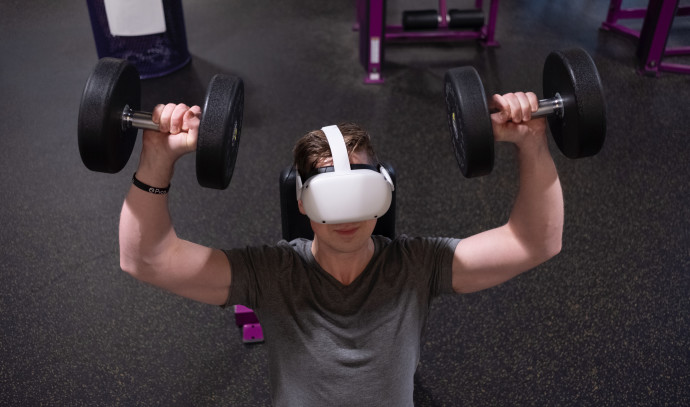The model of masculinity has undergone many positive changes in recent decades. Now, many people understand that it’s not a weakness to show emotions or admit flaws and to be more connected to the softer and gentler side we all have.
Today, we understand that these are signs of mental strength, which can prevent many emotional problems and strengthen our relationships, family life and career. But alongside all these important changes, it’s also worth examining other aspects of our strength that actually regressed as humanity developed.
In an interesting study conducted at Winston-Salem State University in North Carolina, researchers wanted to check the gaps in the physical strength of young people today compared to previous generations. To do this, they focused on compressive strength tests (applying force with the palm of the hand) and pinch grip strength, or pressing with two fingers. This is because, according to researchers, these are two indicators that fairly reliably assess the physical strength of most people.
Data was collected from men between ages 20-34 and compared with similar data collected from men in this same age group in the 1980s.
The researchers’ findings, published in the Journal of Hand Therapy, brought up unsurprising but alarming findings. The physical strength of young people today from Generation Y (Millennials) has decreased by an average of 22% compared to their parents’ generation of baby boomers or Generation X.
Unfortunately, researchers believe that the same test will show even bleaker results among Generation Z and future generations.
The easy life at a high health price
In this study, researchers had a possible explanation for why weakness increased, which isn’t surprising. Sadly, many people now sit all day in front of a laptop, phone and/or television; very few people have physically demanding jobs. Sure, these devices make work and life much easier, but this comfort comes with a price that shouldn’t be ignored.
Physical strength continues to decrease as you get older, but this isn’t set in stone
An article published by Harvard extensively covered that study and emphasized that it’s only a small part of a much deeper and more complex and significant problem. We know that as we age, the body becomes weaker and therefore it’s also more prone to injuries, muscle atrophy and various medical problems.
This gradual loss of muscle mass has a scientific name, sarcopenia, and is a natural part of the human aging process. After age 30, people lose an average of 3% to 5% of muscle mass every decade and will usually lose about 30% of their muscle mass cumulatively by the end of life.
A 2015 report by the American Society for Bone and Mineral Research found that people who suffer from a decrease in muscle mass have a 2.3 times greater risk of suffering from fractures after falls. This is why these unfortunate injuries are so common, complex and sometimes even fatal among seniors. And if older people suffer from these problems as a result of a decrease in muscle mass, what will happen with younger generations when they get older if they don’t exercise, stay on their phones all day and don’t eat healthy food?
In the future, medicine will continue to develop and perhaps offer new and effective ways to deal with these challenges. But until that happens (or not), we must take responsibility for our bodies and work to increase physical strength and prevent this expected deterioration.
How? Through a combination of exercising, aerobics and proper nutrition, with an emphasis on sufficient consumption of proteins.
It’s not only bodybuilders and athletes that need to consume enough protein, which is the most important component to help build muscles and prevent a decrease in muscle mass. A study published in Nutrients recommends that everyone consume between 1 gram to 1.3 grams of protein per kilogram of body weight. This means that a man with an average weight of 80 kilograms will need to eat about 80 grams to 103 grams of protein daily. These proteins can be divided between eating salmon or tofu and drinking smoothies with milk or added protein powder.


